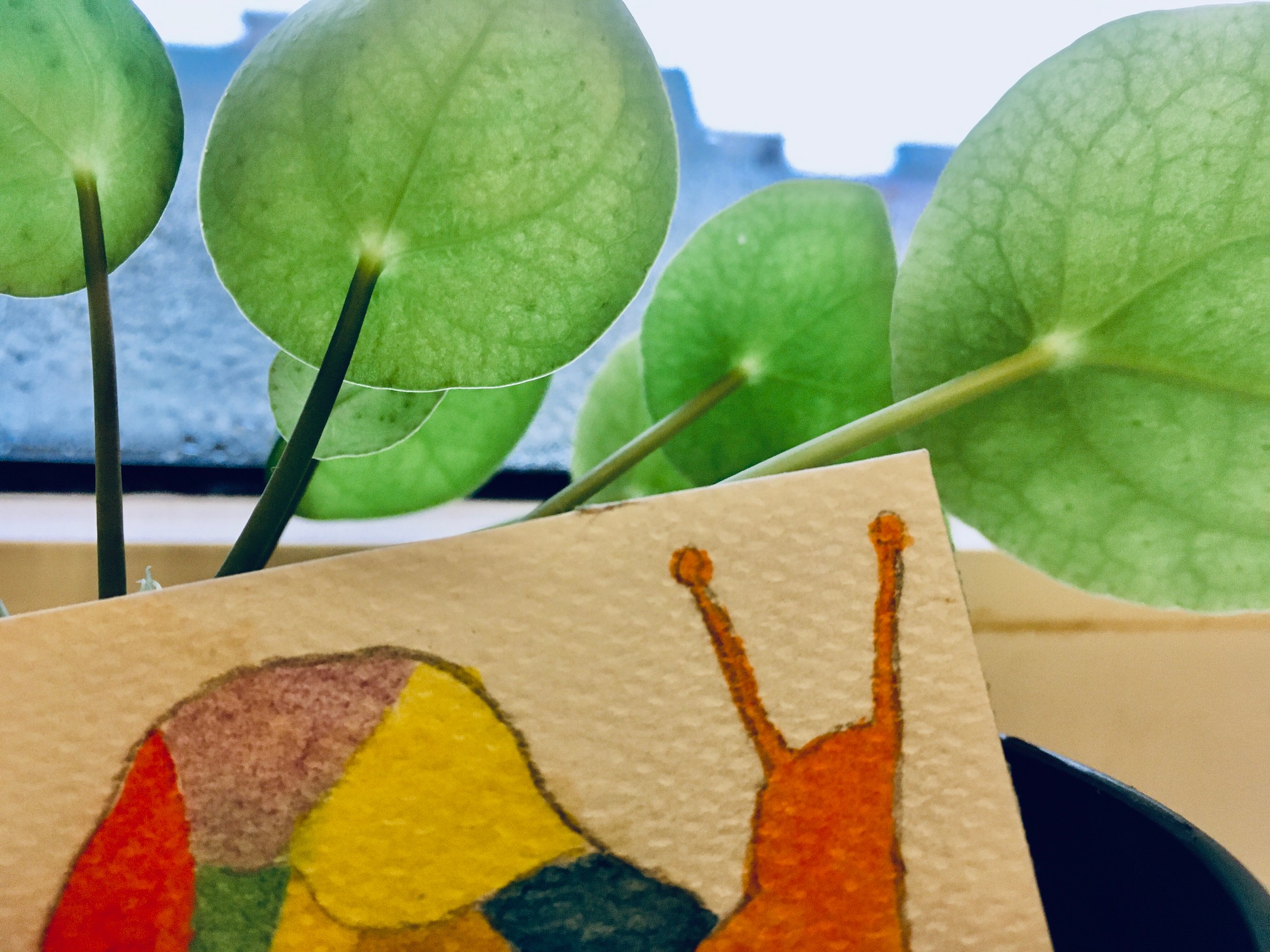The degrowth community has spent much time and effort making the case for why we need a degrowth transformation. Now it’s time to come together and pool the community’s knowledge on how to make such a social-ecological transformation happen. As an off-shoot of the Degrowth Vienna 2020 Conference, our book Degrowth & Strategy: how to bring about social-ecological transformation lays the groundwork for precisely this discussion. However, to bring this project to full fruition, we need your help.
Over the past 11 months, funding from the City of Vienna together with many hours of volunteering by our editorial team and contributing authors have allowed us to nearly complete the first draft of the Degrowth & Strategy manuscript. However, now, on the final stretch, we require some additional support in order to finalize the manuscript, incorporate editorial feedback from the publisher, copy-edit the publication, and thus ensure the book can be found on your bookshelves, bedside tables or garden chairs in early 2022. Hence, we have recently started a crowdfunding campaign, and invite you all to spread the word about it and/or to make a donation of whatever size.
But before we get to the details of our funding constraints, here is the story of Degrowth & Strategy:
It is the summer of 2020. We’re sitting in a large circle with other members of the Degrowth Vienna association, reflecting on the very first degrowth online conference, which at the same time was the very first conference with an explicit focus on strategy. The room is buzzing with energy in a moment of summer lightness after the first COVID-19-induced lockdown. COVID-19 has shaken up some of the most deep-rooted beliefs in the current socio-economic order, and even some traditional media outlets are speaking of the need to think about alternatives. The time seems ripe for ideas discussed at the conference to reach broader audiences. And so colourful post-its start filling the walls of the co-op where we spend this summer day, defining the direction and focus of Degrowth Vienna in the year to come. One of them is “the book project”, originally intended as a written summary of the core insights gained at the conference.
An editorial team is set up, composed of six activists and young academics and two experienced degrowth researchers. From September 2020 onward, we gather on a weekly basis to conceptualise what will later emerge as Degrowth & Strategy: how to bring about social-ecological transformation.
After a few weeks of planning, drafting and reassessing, we realise that a mere conference report will be insufficient to capture the complexity of strategic considerations in the context of degrowth. We understand that further authors and ideas need to be incorporated if we aim to seriously address the tricky and uncomfortable question, and yawning gap in the degrowth literature around the how of social-ecological transformation.
We brainstorm, meet in person while it’s still possible, have hour-long calls, rack our brains over definitions, disentangle misunderstandings and engage with editors’ and authors’ ideas. We are a little scared, but very enthusiastic as we embark on this journey. We receive positive feedback when presenting the first outline of the book at the Vienna Degrowth Days in November 2020. The publication outline is slowly filling up with titles and authors, of which there are now over 40 from across the degrowth community and beyond. Our book is transforming from a conference summary into an original contribution with an overarching conceptual framework and a strong editorial line, which we carefully define in numerous exchanges, revised guidelines and updated definitions as we roll on.
We approach different publishers, including Pluto Press and Rowman & Littlefield, who enter negotiations with us. We are meeting offline again in the spring of 2021 after two more lockdowns, tested and with masks, moving chapter drafts across the table, highlighting problems, tracing underlying philosophical standpoints and coming up with collective editorial feedback. We adapt the timeline. Several times. The book grows as we notice gaps. Authors are joining the trip along the way.
We’re becoming aware that this publication could change how the degrowth community and related social movements talk about social-ecological transformation, how we think about strategizing and how we organise as social movements, both within and between.
Degrowth & Strategy does some heavy thinking and linking work: it establishes a relationship between a degrowth transformation and the conscious and collective process of strategizing. It elaborates on the relevance of engaging with questions of social equity as a necessary component of degrowth. It scrutinises the challenges, potentialities and pitfalls related to the pursuit of a common strategy in a movement that is marked by plurality. It zooms in on degrowth actors and analyses their current strategies together and envisions possible future pathways. It provides analytical frameworks to support research on strategies, but also offers tools to activists to locate their approaches on a map of possible pathways beyond capitalism. But it doesn’t remain theoretical. The book’s entire second half is dedicated to case studies of strategic action in provisioning sectors, including food, care, housing, energy, mobility etc. It reflects on the options for transforming labour, money and neo-colonial trade. For this, academics, activists and practitioners come together to extrapolate learnings about successes and failures of strategies in practice.
We approach another summer. We have thought and laughed and imagined so much together; we have defined and redefined, cross-proofread, reached out, created back-up plans, resolved conflicts, spoken openly, clarified and cared.
However, as we approach the summer and draft chapters are landing in our inboxes, we realise our funds are fading. We make the decision to ideally have the manuscript ready in the early autumn of 2021. We realise we will need further financial support to wrap up this journey. We evaluate different options and look into further grant applications. We end up deciding on a crowdfunding campaign, which is launched in mid-June 2021, to cover the remaining financial demands of around 5000 €. Up until now, we’ve collected about 1/10 of what we require to keep going.
Thus, to end this journey as colourfully as it started, we depend on your good will, and welcome donations of any size. Please also share the campaign in your circles!
Feel free to check out Degrowth Vienna’s FB Page for regular updates on the book, and spread the word in your (social) networks! For those attending the 8th International Degrowth Conference in August in The Hague, some of us will also (be) present there, and we look forward to exchanging on strategies for social-ecological transformation. Cheers to together approaching the how!

degrowth.info speaks to Climate Vanguard, the UK-based organisation seeking to radicalise the youth climate movement around ecosocialism.

Pauslon explores her own engagement with the topic of strategy, and how her reflections on the topic changed through various engagements over the last years. In this open and honest sharing, Paulson acknowledges her blindspots but also illuminates new insights for fellow degrowthers.

Unless the future takes a bizarre turn, and humanity is united in one country under the flag of ‘DegrowthTopia’, in which the only ‘enemy’ that remains is the extra-terrestrial, the puzzle of how we relate and interact with those beyond our borders and communities will remain.